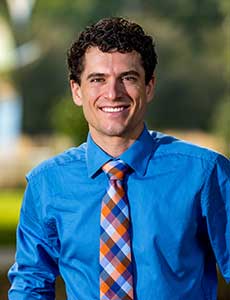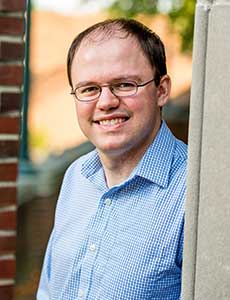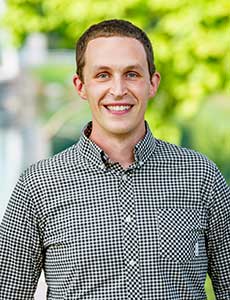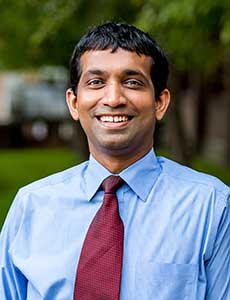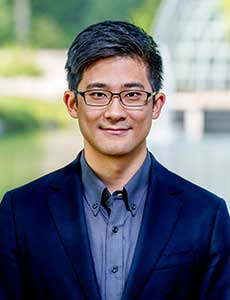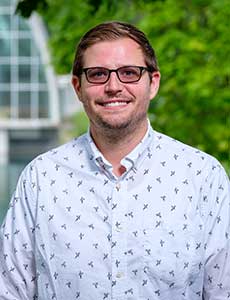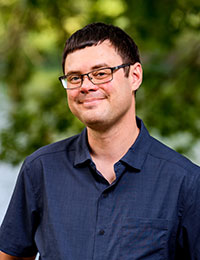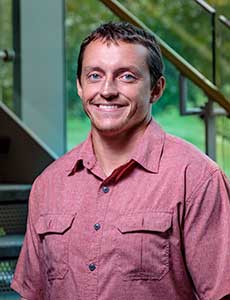My research focuses on the intersection of discrete mathematics and theoretical computer science, including algorithms, combinatorics and related fields. I have published influential results in the field of cryptography, specifically in searchable encryption. More recently, I’ve spent many summers, as well as a 2022-23 sabbatical, working at the Center for Communications Research - La Jolla, a federally-funded research and development center that performs vital research for the National Security Agency. At Rose-Hulman, I advise theses and independent studies that involve algorithm design, cryptographic protocols, and mathematical analysis or proofs in the service of computer science theory.
Website: https://docs.google.com/document/d/110y4QmsVRane60zEhBAtqopwBg-9VWftm5sReDflipc/edit
Recommended Courses for Research: CSSE230, MA276, MA/CSSE473 (strongly recommended for algorithms), MA/CSSE479 (optional for cryptography), MA/CSSE474 (optional, for computability), MA371, MA374, MA378, MA477 (optional, for various discrete math topics)
